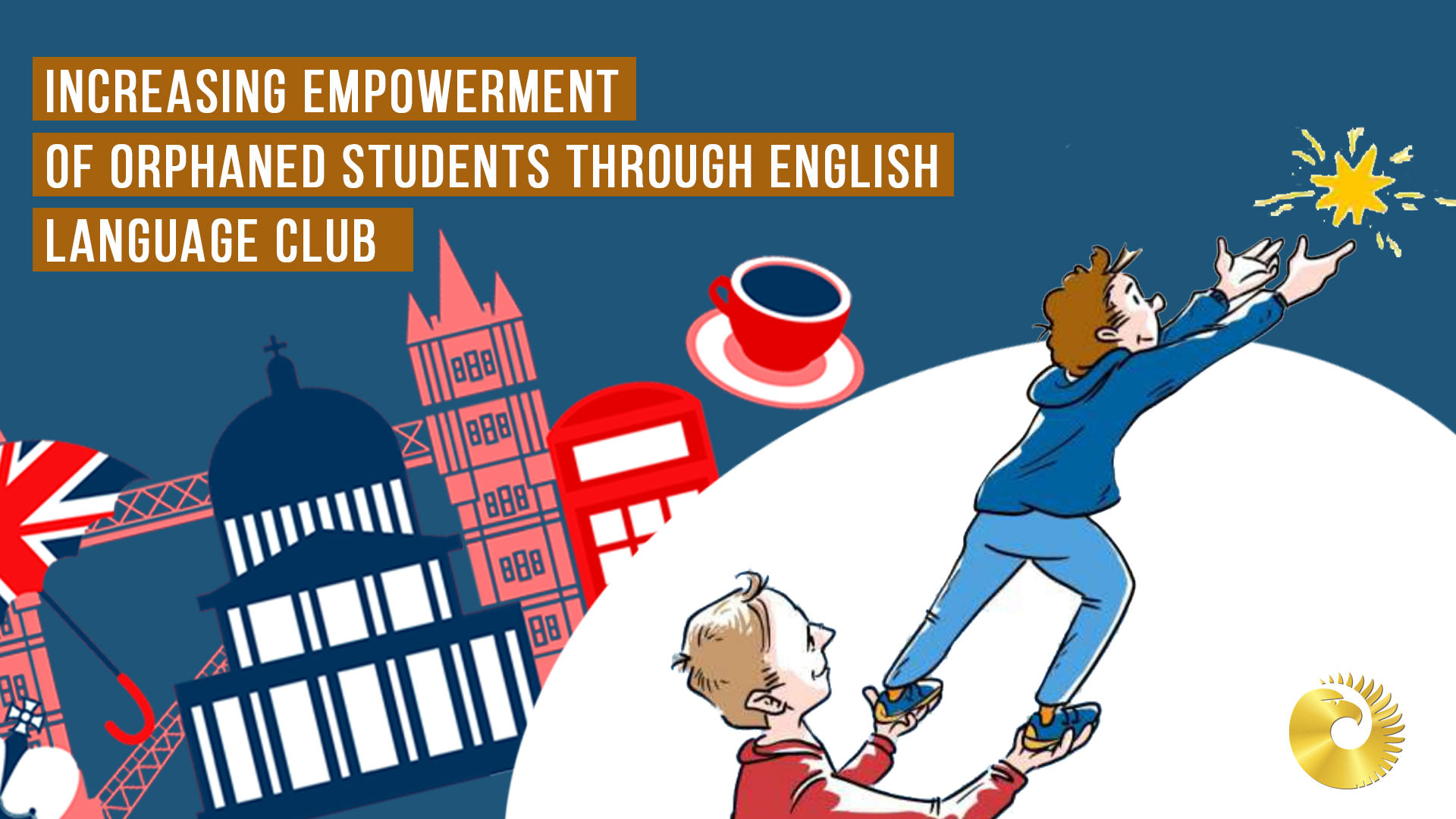May 22, 2024

How about creating a welcoming and supportive environment for orphaned students to improve their English skills through participation in an English Language Club? My name is Aidai Bakchekova, and I am a second-year student of the Business Administration Faculty. I am happy to announce that I had an excellent opportunity to implement an English Language Project within the spring course Challenges of the 21st Century. This project was based within the Civic Engagement Community. As an English Language Tutor, I had a chance to teach diligent students from Elistan Orphanage, where I intended not only to improve their general English language knowledge but also to increase their motivation and develop their critical thinking skills.
Nowadays, the English Language is considered an essential tool for communication. Sharing experiences aimed to improve teamwork skills and negotiate with each other. For this purpose, they memorized challenging new topics such as Free Time and Chores, Dream Jobs, Friendships, Countries, and their features. This part is a learning process that helps them to strengthen neural connections for memory, after which they become more confident in their knowledge.��
While teaching at the orphanage, I encountered many difficulties and opportunities. Starting with challenges, it was hard for me to create lessons that meet the needs of students with varying levels of background. Then, I noticed the children were starting to lose their focus. Additionally, maintaining students’ attention and a conducive learning environment amidst distractions and instilling engagement required creative strategies such as a 10-minute dance and song break, drawing things starting with the English letter, and guessing riddles. Despite these hurdles, I seized the opportunity to hone my leadership, communication, and adaptability skills. Each obstacle presented a chance for growth, pushing me to explore innovative teaching methods and adapt my approach to suit individual student needs. Reflecting on my experience, I anticipate future projects to offer fulfillment and challenges, fostering professional development and personal growth.
On the students' side, navigating the educational landscape within the orphanage setting presented challenges and opportunities. Despite their circumstances, the children demonstrated remarkable resilience and eagerness to learn. For students, the challenges included staying focused during lessons and getting used to different interactive games. These tasks weren't always easy, but they offered growth opportunities. Despite the difficulties, the children learned how to collaborate with others and improved their analytical skills through reading texts and taking tests. So, while keeping their attention on the lesson and adapting to new games were tough, they allowed students to develop crucial teamwork and analysis skills.
I am grateful to Professor Ekaterina Galimova for allowing me to demonstrate my teaching abilities. Before conducting the project, the preparation session was passed with AUCA psychologist Aida Parpieva, where with the Civic Engagement group, we were able to ask questions regarding working with children and get informative updates. For instance, our group had a question about responding to students' emotions. We learned that it's important to let children express their feelings and to say things like, "I understand how you feel; you did a great job accomplishing this task." This approach helps children feel understood and appreciated, positively impacting their emotional well-being and learning experience. I enjoy every AUCA and Civic Engagement Community member for supporting and contributing to implementing these beneficial projects. I plan to engage in the following Civic Engagement projects!